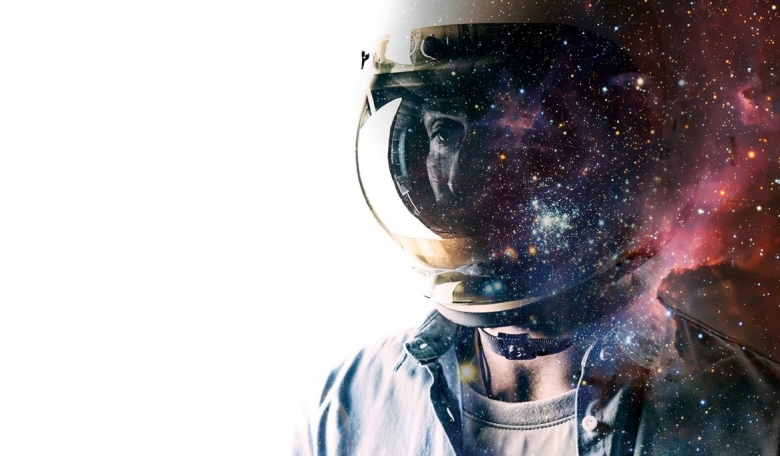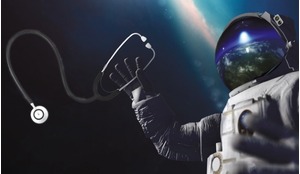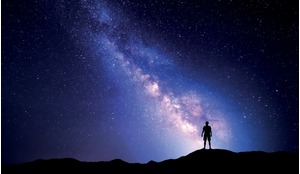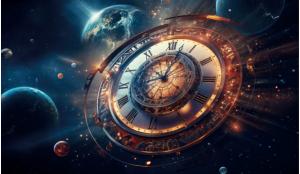The current focus on returning men (and women) to the Moon, then onward to Mars and beyond stirs the imagination, bringing with it a sense of adventure, danger and romance reminiscent of the cultural impact of the Space Age. Isn’t this our destiny, isn’t this what ‘Space’ is all about? Chris Lee argues that humanity’s destiny today remains Earth and not Space. That we should redouble our efforts to understand, explore and better govern ourselves through a world supported by satellites and exploit what they can offer us here and now to take better care of our own planet - that this should be our next Moonshot. And that we should be inspired by a new generation of robotic space explorers that can venture further and faster into space, to seek new knowledge and new horizons.
Okay, so full disclosure: I am a child of Apollo. I grew up at a time when spaceflight was all about astronauts and the Moon. I ate, slept and breathed Apollo, and watched in awe the Moon landing as an 11-year-old boy in the company of my family. It was clearly a big event. I knew even then it was history in the making.
However – and it’s a big however – I never wanted to actually BE an astronaut. Being non-American, the image of ‘astronaut as hero’ was more muted in my upbringing, the PR less obvious, the people more distant. TIME magazine was not a regular on our coffee table. Instead I was fascinated by where the astronauts were going and what they might do there. My recollections are of building Airfix scale models of the Saturn V and the weird and wonderful Lunar Excursion Module (LEM), and of TV shows and science fiction novels that found their niche against this setting. Lost in Space and Dr Who and then later, Star Trek and Space 1999; the Lensmen novels of EE ‘Doc’ Smith and the Asimov Foundation sagas. This was Space for me!














